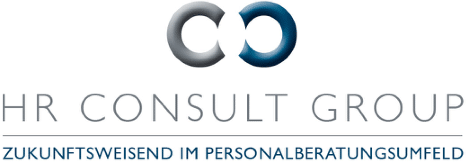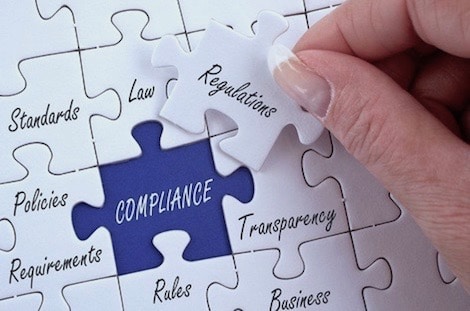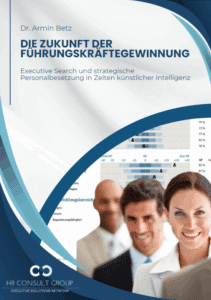Purchasing in particular is susceptible to compliance violations due to unclear rules and tempting offers from suppliers.
German companies' purchasing departments generate billions in sales. Many suppliers are under enormous pressure to sell their goods and services. This creates a strong temptation to sometimes use unfair methods to generate orders.
Purchasing is therefore particularly susceptible to rule violations. Here, uncertain contracts and unethical behavior on the part of suppliers can encourage corruption and violations of antitrust law. Criminal intent on the part of the purchasing department is not always involved; often, purchasers are unaware that they are already in a legal gray area. According to a survey by the Allensbach Institute, violations of legal regulations occur most frequently in the purchasing department, even more so than in the sales or finance departments.
Suppliers can pose a major risk to companies.
It is therefore extremely important for purchasing departments that suppliers operate in accordance with ethical principles, as violations of these principles pose a major risk to companies. When companies enter into business relationships with foreign suppliers who, for example, violate labor guidelines (child labor, non-compliance with occupational safety regulations) and are prosecuted, this can cause enormous damage to the reputation of the purchasing company. A conviction of the supplier can also lead to delivery failures.
Intensive examination of the supply chain is essential.
Early and comprehensive information about existing or potential suppliers can prevent the company from violating compliance guidelines, especially in the case of partners abroad or from other cultural circles. The beneficial owner of a company is often not immediately apparent at first glance. This is especially true in the case of a complex international network of relationships, which inevitably has to be examined. In such cases, it is important for the purchasing decision-maker to allow sufficient time to research the potential supplier and identify the beneficial owner.
Purchasing and compliance must work more closely together.
Company management must promote cooperation between the purchasing and compliance departments. When conducting business, both sides can complement each other effectively, for example when it comes to defining and adhering to process specifications. The goal should always be a high level of transparency in the procurement process.
The prerequisite is always the identification of the relevant risks.
As part of a specific purchasing risk audit, the relevant risks of the purchasing department should therefore be identified and assessed. Based on a needs-based risk strategy, appropriate measures should then be derived to effectively counter the identified risks.
About the author

Eckart Achauer, studied law and business administration, postgraduate studies leading to a Master of Business Administration (MBA). In-service training as a European Quality Manager (DGQ), mediator specializing in business mediation, and Certified Compliance Manager (TÜV).
He worked for around 10 years in the international insurance industry in various management positions at a Swiss insurance group (claims department, sales, assistance) before moving into management and business consulting in 1997.
As a consultant and managing director of various consulting firms, Mr. Achauer has specialized in organizational and process optimization as well as the development and implementation of management systems—quality management, risk and compliance management.
At Senator Executive Search Partners, Mr. Achauer is responsible for compliance management. As part of compliance audits, he analyzes their organizational "compliance fitness," raises awareness and trains management, executives, and employees, and supports companies in setting up and implementing individual compliance management systems. In doing so, he always takes into account the specific risk situation of the companies. Thanks to his many years of experience as a manager and consultant, he is very familiar with the practical challenges of business.



